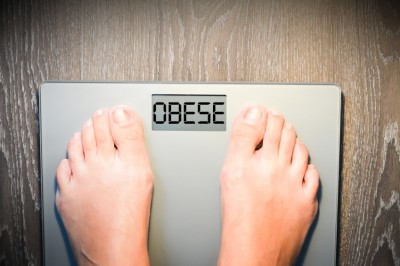Heart disease, stroke present highest mortality risk for elderly with high BMI: Singapore study

The study looked into the age-related associations of different BMI categories with all-cause, cardiovascular disease and stroke mortality, and found a “U-shaped relationship” between BMI and mortality.
This meant that for people aged 65 and older, being overweight or obese was not typically associated with all-cause mortality, but specifically with mortality from cardiovascular disease or stroke.
The data was taken from a prospective cohort study, Singapore Longitudinal Ageing Studies, which assessed 2,605 adults aged 55 and above from 2003 to 2011 on their mortality hazard ratios for all-cause, cardiovascular disease and stroke mortality.
Those with a regular BMI of 23 to 24.9 faced the lowest overall mortality risk, while among those aged 55 to 64, the underweight (BMI below 18.5 to 22.9) and overweight or obese (BMI over 30) faced elevated all-cause mortality risk.
Among those aged 65 and older, however, being overweight or obese was “not significantly associated with increased all-cause mortality”, but more so with increased cardiovascular disease and stroke mortality.
The study said that “from a clinical standpoint, the controversy over the association between high BMI and lowered mortality in older adults may lead to misinterpretations or confusions regarding the desired level of BMI in older persons”.
Relevant data
It further explained that its findings should not be taken to mean that obesity in the elderly presents a lower mortality risk compared to obesity in those below the age of 65, as the total mortality risk from high BMI is still greater in the elderly due to the significant increase in mortality related to old age.
However, the ideal BMI range according to clinical guidelines for overweight and obese adults tends to be based on research regarding young and middle-aged individuals, which might make them less relevant for those aged 65 and older.
For these adults, obesity is not the only contributor to mortality risk. Being underweight or experiencing age-related weight loss is also a cause for concern, due to degenerative illnesses such as sarcopenia. As such, possible bone and muscle losses must be minimised when designing weight loss programmes for overweight or obese elderly folk.
The study concluded that while “the feasibility of exercise-induced reduction in waist circumference and abdominal fat without a corresponding reduction in BMI” had previously been reported by other researchers, more studies were needed to confirm this in order to safely lower obesity-related mortality risk in the elderly without significantly affecting their bone and muscle condition.
Source: PLOS ONE
https://doi.org/10.1371/journal.pone.0180818
“Age-dependent relationships between body mass index and mortality: Singapore longitudinal ageing study”
Authors: Tze Pin Ng, et al.



















